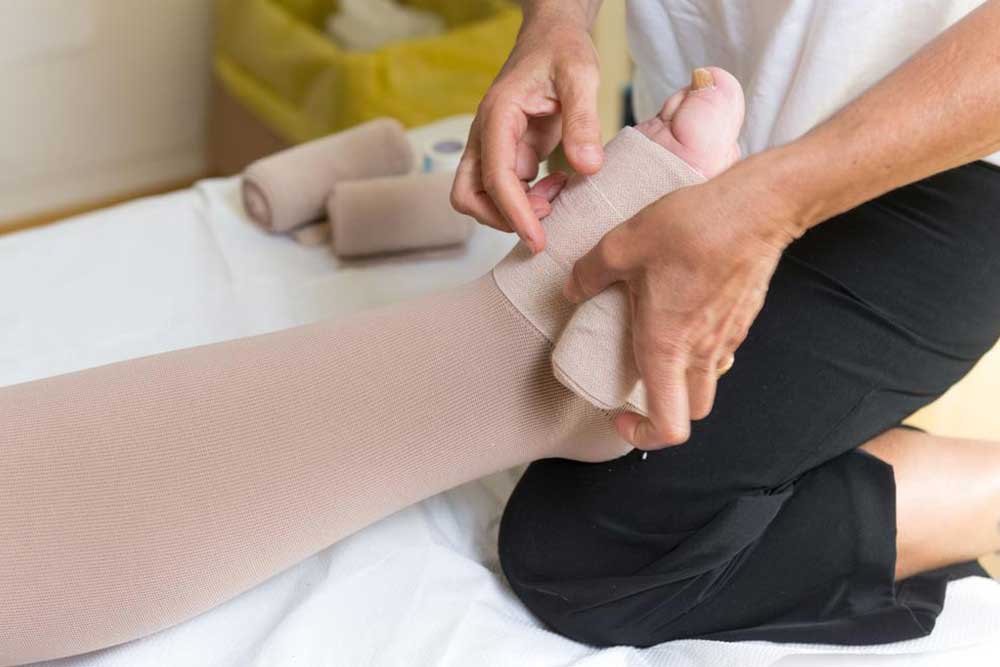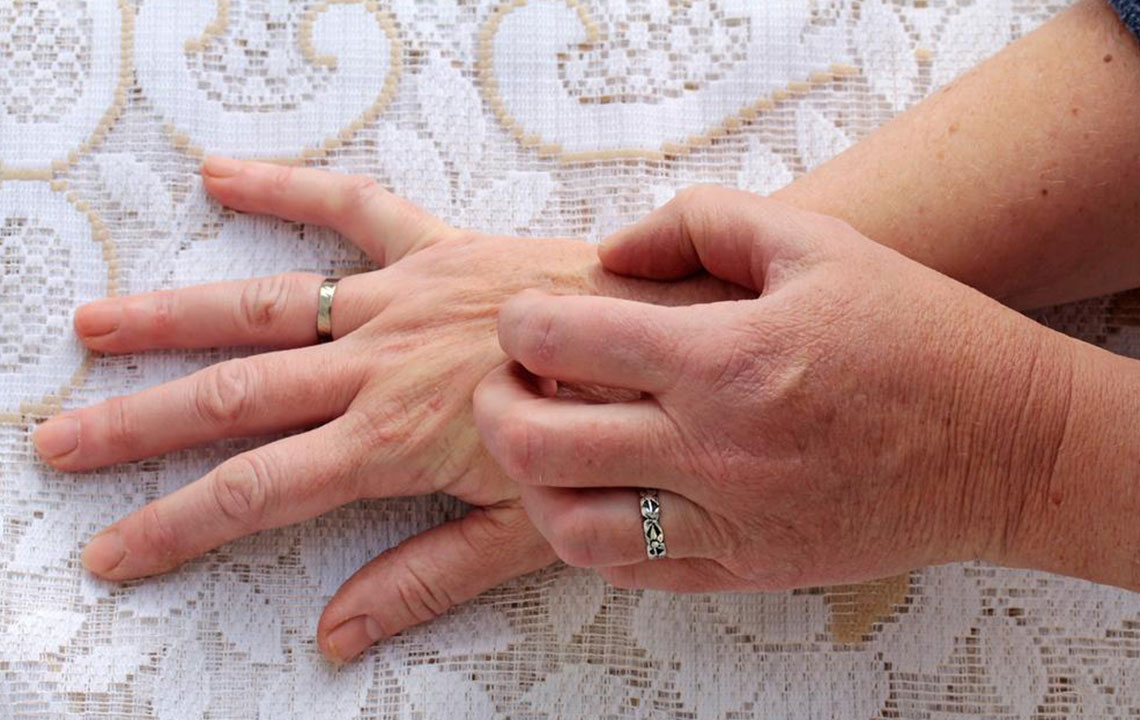Understanding Leg Swelling: Causes and Effective Treatments
Leg swelling can indicate underlying health issues ranging from fluid retention to inflammation. Prompt diagnosis and appropriate treatment are crucial. Remedies include elevation, a low-salt diet, and regular movement. Severe symptoms require immediate medical care. Understanding the causes helps in managing and preventing persistent swelling, especially in older adults. Consult healthcare professionals for accurate diagnosis and personalized treatment strategies to ensure effective relief and underlying condition management.

Understanding Leg Swelling: Causes and Effective Treatments
Leg swelling often signals an underlying health issue and can affect any part from toes to thighs. The primary reason is fluid retention, which can arise from various causes such as injury, heart problems, kidney conditions, or prolonged periods of inactivity. Known medically as peripheral edema, swollen feet are typically painless unless accompanied by injury. Fluid tends to accumulate in lower limbs due to gravity. Persistent swelling should be evaluated promptly by a healthcare professional to determine its root cause.
Causes of leg swelling are common in older adults and may affect one or both legs, sometimes with associated discomfort. Specific causes include fluid buildup issues, inflammation, and other health conditions.
Common Causes of Leg Swelling
Swelling in the foot, ankle, or leg is frequent among seniors. It may impact one or both legs and may be painless or painful. Sometimes, only one leg is affected, often the left.
Fluid accumulation-related causes:
Acute or chronic kidney disorders
Heart muscle diseases
Lymphedema
Deep vein thrombosis
Liver cirrhosis
Pregnancy
Extended sitting or standing
Medication side effects
Inflammation-related causes:
Achilles tendon injury
Broken ankle or foot
Osteoarthritis
Gout
Infections or injuries to the feet
Treatment options for leg swelling
Effective remedies depend on the primary cause. Addressing issues such as kidney, liver, or heart problems is essential to reduce swelling. For non-serious cases, some general tips include:
Elevating legs intermittently
Adopting a low-salt diet until swelling decreases
Stretching and moving feet during long periods of inactivity
Wearing loose-fitting shoes and clothing
Maintaining a healthy weight
Any associated symptoms like breathlessness require immediate medical attention. Chronic or recurring swelling must be diagnosed accurately for proper treatment.
Important Note:
This blog provides helpful information across various health topics. While research and data are shared for educational purposes, it should not replace professional medical advice. Readers are encouraged to consult healthcare providers for personalized diagnosis and treatment. The site disclaims responsibility for any inaccuracies or unlisted offers that may benefit readers.










